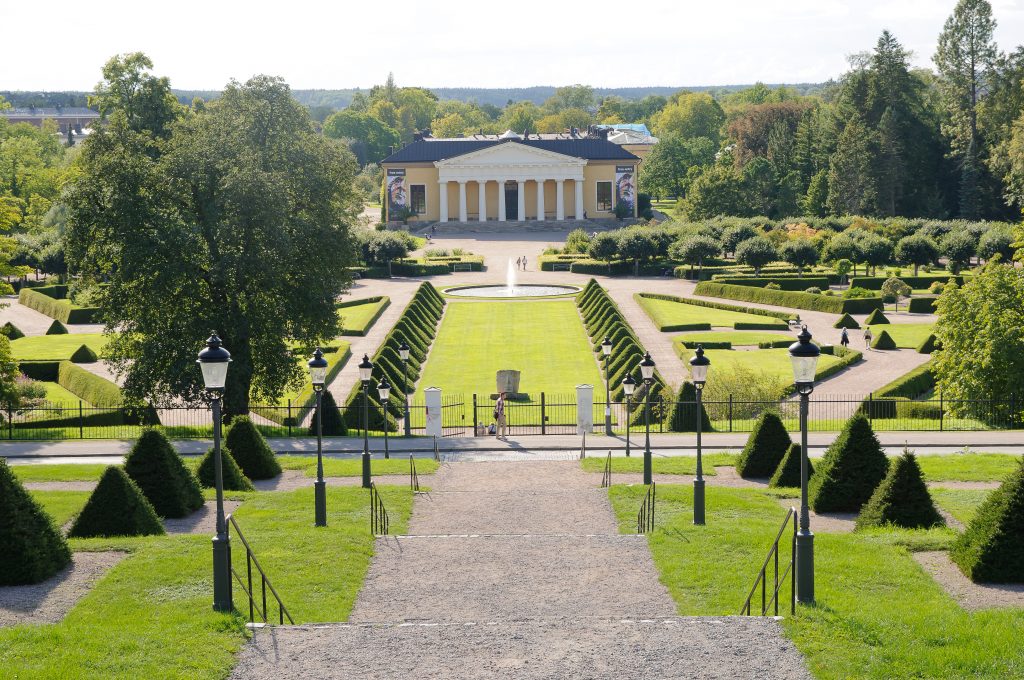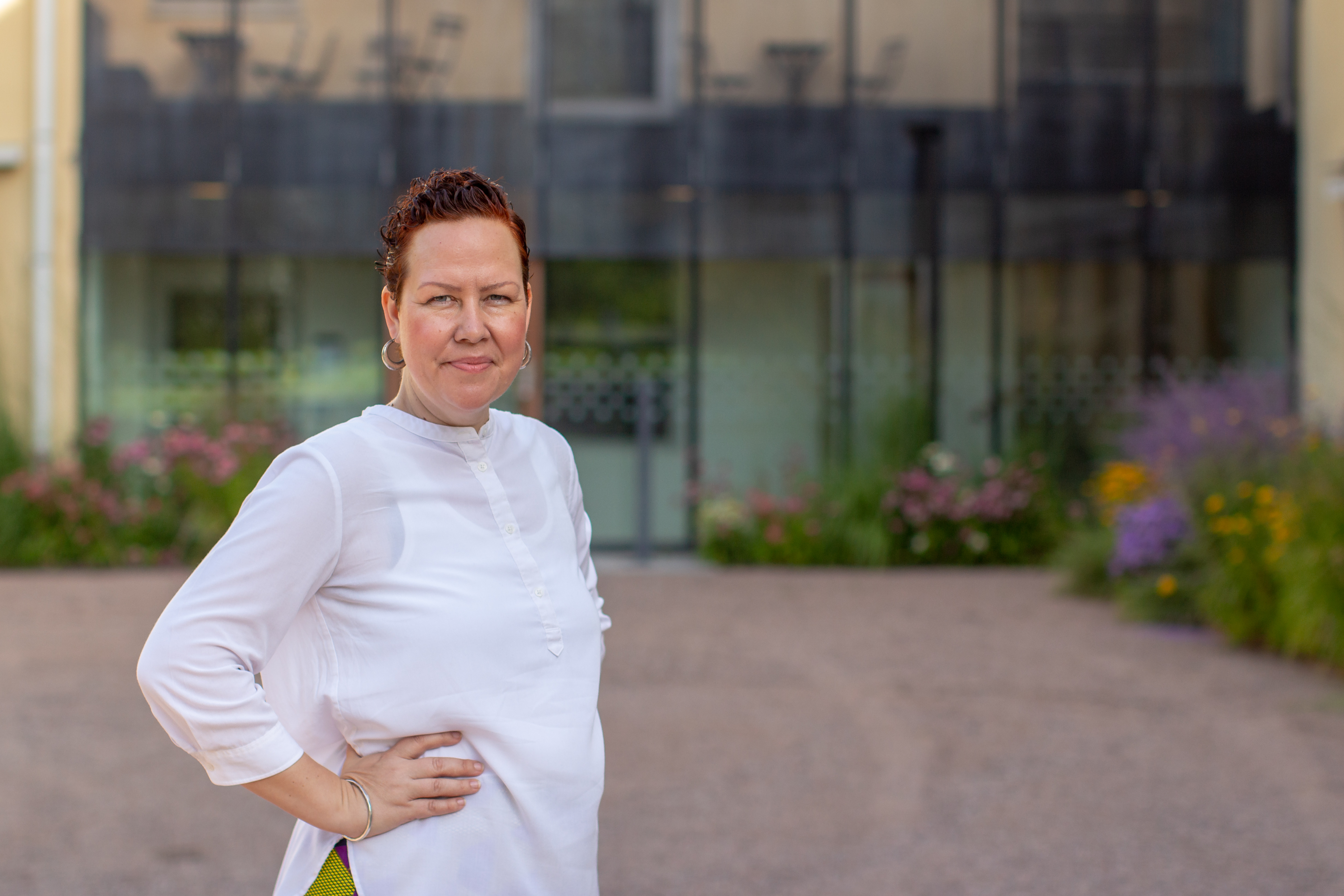
Last month, I began a new adventure as a Postdoctoral Researcher at the institute founded by the Nordic countries in 1961 to collect information about Africa, NAI. Today it is supported by the Swedish, Finnish and Icelandic governments. The institute has researchers organized in different clusters such as,
- Inclusive growth, poverty and inequality in urban and rural Africa
- Climate change and sustainable development
- Gender equality
- Conflict, security and democratic transformation
- Mobility and migration
In addition, the institute has a fantastic library on Africa with many resources available online.
The institute also publishes policy notes and booklets (a recent one on Ghana’s female representation in parliament for instance by NAI researcher Diana Højlund Madsen).
I will be working within a fascinating project led by Prof Liisa Laakso that aims to bring together political scientists in Africa and map the political science discipline. Initial research questions for the project called The Space and Role of Political Science in the Evolving Democratic Transformation in Africa are:
- What is studied and taught about political systems in Africa?
- Where are political science graduates employed?
- Do political scientists feature in public discussion and media?
- In what ways do they contribute to preparatory work on electoral laws, constitutional changes etc.?
- Do they cooperate with political parties and how?
Except for a semester as a research assistant and my recent sabbatical, I have never done research fulltime and am enjoying it wholeheartedly so far. Thinking! Reading! Collecting data! Strategizing! Networking! (Missing students knocking on my door!) Except for helping in answering the research questions for the project, I hope to learn more about the research process, research applications and funding, best practices in data collection and more.
The position is a postdoctoral research position which means it is a time-limited research position (18 months), where I am working on a research project with a supervisor. It is the next step up from the PhD in learning how to be a researcher!

My new workplace is situated inside the most beautiful Botanical garden in Uppsala, just a stone’s throw away from my alma mater Uppsala University and my office has African cloth as decoration on the wall, making me feel very much at home.
You can see my online profile here and I can from now be reached on Kajsa.hallberg.adu (at ) nai.uu.se or on the first floor in the light yellow building in the Botanical Garden


